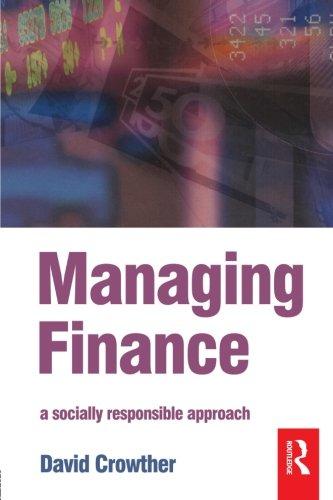Question
1.Charles Edwards Smith, a minor, purchased an automobile from Bobby Floars Toyota (Toyota) on August 15, 1973. Smith executed a security agreement to finance part
1.Charles Edwards Smith, a minor, purchased an automobile from Bobby Floars Toyota (Toyota) on August 15, 1973. Smith executed a security agreement to finance part of the balance in 30 monthly installments. On September 25, 1973, Smith turned 18, which was the age of majority. Smith made 10 monthly payments after turning 18. He then decided to disaffirm the contract and stopped making the payments. Smith claimed that he may disaffirm the contract entered into when he was a minor. Toyota argued that Smith had ratified the contract since attaining the age of majority. Who is correct?
2. Leonard Sumter, Sr., entered into a general partnership agreement with his son, Michael T. Sumter, to conduct a plumbing business in Shreveport, Louisiana, under the name Sumter Plumbing Company. The father, on behalf of the general partnership, executed a credit application with Thermal Supply of Louisiana, Inc., for an open account to purchase supplies on credit. For the next four years, the Sumters purchased plumbing supplies from Thermal on credit and paid their bills without fail. Both partners and one employee signed for supplies at Thermal. Subsequently, the partnership was dissolved, and all outstanding debts to Thermal were paid in full. The Sumters did not, however, notify Thermal that the partnership had been dissolved.
A year later, the son decided to reenter the plumbing business. He used the name previously used by the former partnership, listed the same post office address for billing purposes, and hired the employee of the former partnership who signed for supplies at Thermal. The father decided not to become involved in this venture. The son began purchasing supplies on credit from Thermal on the open credit account of the former partnership. Thermal was not informed that the son was opening a new business. When the son defaulted on payments to Thermal, it sued the original partnership to recover the debt. Is the father liable for his sons debts? [Thermal Supply of Louisiana, Inc. vs. Sumter, 452 So. 2d 312, Web 1984 La. App. Lexis 8975 (Court of Appeals of Louisiana)]
3. A, B, C, and D are the heirs at law of X. X dies leaving a will. Before the contents of the will are known, the heirs agree that they will share the testators property equally, regardless of the terms of the will. When the will is read, it appears that X has left all his property to A. A refuses to transfer any of the property to B, C, or D. What are their rights?
Step by Step Solution
There are 3 Steps involved in it
Step: 1

Get Instant Access to Expert-Tailored Solutions
See step-by-step solutions with expert insights and AI powered tools for academic success
Step: 2

Step: 3

Ace Your Homework with AI
Get the answers you need in no time with our AI-driven, step-by-step assistance
Get Started


